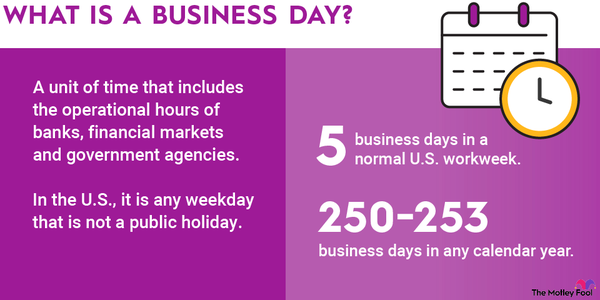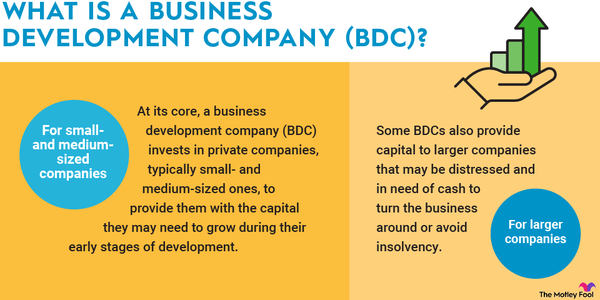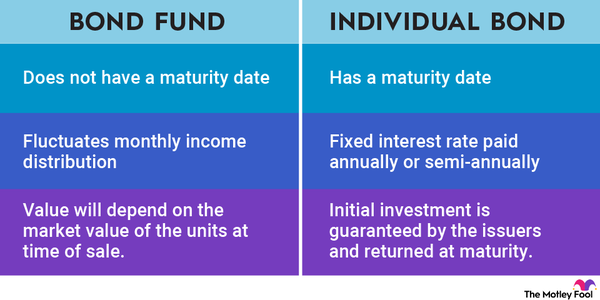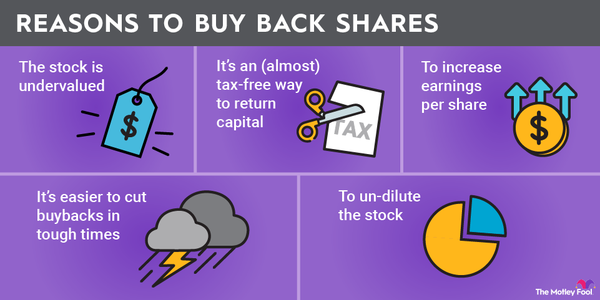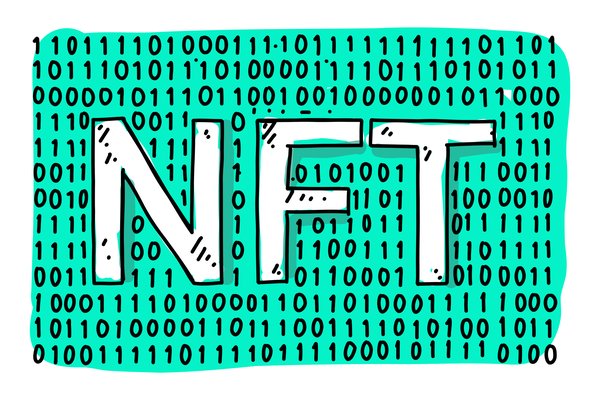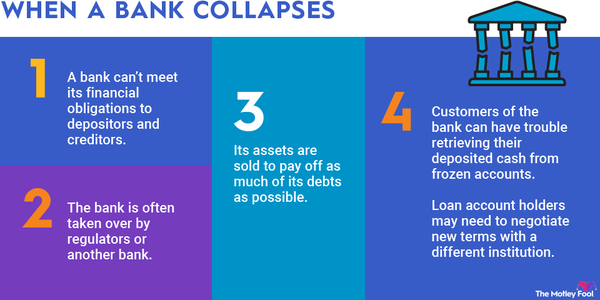Everyone loves to benefit from something. Being a beneficiary on a will or trust could entitle you to anything from a lump sum of money to a beautiful piece of real estate on Cape Cod. But what exactly are beneficiaries?

Overview
What is a beneficiary?
A beneficiary is a person or legal entity that receives benefits or advantages from something, most commonly a trust, will, or life insurance policy. Beneficiaries are typically people who are designated to receive assets upon the death of someone else. These assets can include money in bank accounts, shares of stock, retirement accounts, and more complex financial instruments.
Individuals aren't the only ones who can be beneficiaries; charities, organizations, and even government entities can also be named as beneficiaries in legal documents and financial accounts.
How they're used
What are beneficiaries used for?
Beneficiaries are used for a variety of different things, but in the world of finance and wealth management, they are often used for the following:
Estate planning
Designating beneficiaries is possibly the most important part of estate planning. By properly designating beneficiaries, an estate can avoid drawn-out probate court proceedings. Beneficiaries may be able to get immediate access to assets such as real estate, stock holdings, personal property, and so on. Usually, beneficiary designation supersedes instructions in a will, so the person listed as the beneficiary of a trust, retirement account, or life insurance policy receives the assets regardless of what the will states.
Life insurance policies and retirement accounts
In most cases, life insurance policyholders designate a family member as the beneficiary to receive a payment should they die while the policy is in force. The same goes for retirement accounts. When you die, your retirement accounts will transfer over to the person you named as your beneficiary.
Trusts
Beneficiaries of a trust will receive assets under the terms and conditions spelled out in a trust document. For example, a beneficiary may only be able to withdraw money from a trust fund if they've completed their education or have taken several rounds of drug tests, depending on the terms of the trust.
Types
Types of beneficiaries
There are many different types of beneficiaries. Here are some examples:
| Revocable Beneficiaries | Can be changed or removed by a life insurance policyholder or trust fund grantor at any time. |
| Irrevocable Beneficiaries | Cannot be changed or removed without consent after designation. |
| Primary Beneficiaries | First to receive benefits; assets go to contingent beneficiaries if they predecease the owner. |
| Contingent Beneficiaries | Receive assets if no primary beneficiaries are alive and able to receive assets. |
| Per stirpes Beneficiaries | Inheritance passes to the named beneficiary's children if the named beneficiary dies before the owner. |
| Per Capita Beneficiaries | Benefits are equally redistributed among remaining beneficiaries if one dies before the owner. |
Set them up ASAP
Establish beneficiaries sooner rather than later
Designating beneficiaries sooner rather than later can give you peace of mind. You can know that your assets will be distributed according to your wishes after death. If you don't specify beneficiaries, your assets could get tied up in probate court, a process that can be time-consuming and expensive. Designating a beneficiary is mandatory for certain types of assets, such as life insurance and retirement accounts.
Related investing topics
Are you a beneficiary?
How do you know if you're a beneficiary?
To determine if you're a beneficiary of something like an estate, insurance policy, or trust, you should start by approaching the account holder directly or the executor of the estate if the person has passed away. If the deceased's attorney is managing the estate, they can also provide the necessary information. Some legal documents, such as wills, are part of the public record if they've gone through the probate process.
If you suspect that there might be accounts where you're a beneficiary, you can contact the relevant financial institutions directly. You may need to provide a death certificate and proof of identity. For more complex cases, hiring a probate attorney might be necessary but can be expensive.






